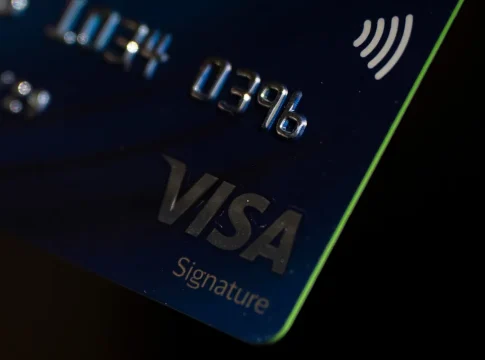What Happens to Your Credit Card Debt When You Pass Away?
Death is a difficult topic to consider, especially regarding finances. One pressing question many might have is, what happens to your credit card debt when you die? Understanding this can ease some worries, allowing you to plan better for your loved ones.
The Basics of Credit Card Debt
Credit card debt is essentially money you owe to credit card companies. If the cardholder passes away, most people wonder if these debts get passed on to family members. In short, the responsibility for paying back this debt generally lies with the deceased’s estate, not with surviving relatives.
Who is Responsible for the Debt?
- The Estate: When someone dies, their assets (like property or savings) comprise their estate. Before any inheritance is distributed, creditors have the right to claim what they are owed from the estate.
- Joint Account Holders: If there is a co-signer or joint account holder, they will still be responsible for paying the debt.
Surviving Family Members
If you’re worried about your family being burdened with your credit card debt after you’re gone, here’s some good news:
- Individual Responsibility: Family members, including spouses, are generally not liable for the deceased’s debts unless they were joint account holders. This means, for most cases, children or relatives won’t be chased for what you owed.
Understanding Probate
When someone passes away, their estate usually goes through a legal process called probate. This is where debts are settled, and assets are distributed. It’s important to note that only unsecured debts, like credit card debts, can be processed this way, while secured debts tied to specific properties (like mortgages) may need to be handled differently.
Tips for Managing Your Debt Now
Being proactive about your finances can ease burdens for those you leave behind:
-
Create a Clear Financial Plan: Make a comprehensive list of your assets, debts, and any terms associated with your credit accounts.
-
Consider Life Insurance: This can help cover outstanding debts, ensuring your loved ones are not left with financial distress.
- Communicate with Loved Ones: Having honest conversations about your financial situation can prepare your family for what lies ahead.
Final Thoughts
While it’s uncomfortable to think about, understanding what happens to your credit card debt when you die can foster peace of mind. By preparing now, you not only secure your financial future but also protect your loved ones from added stress during an already challenging time. Remember, taking steps today can mean a lighter load for those you care about tomorrow.

Writes about personal finance, side hustles, gadgets, and tech innovation.
Bio: Priya specializes in making complex financial and tech topics easy to digest, with experience in fintech and consumer reviews.

